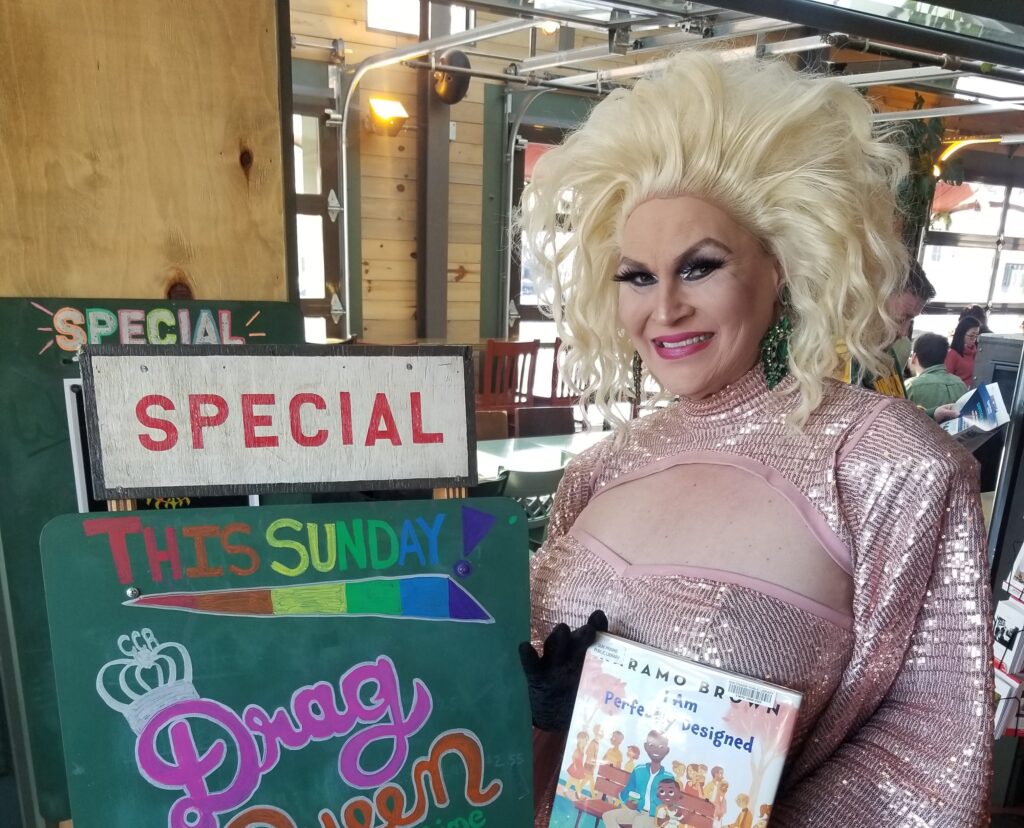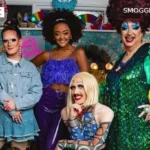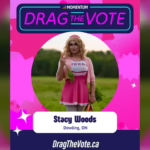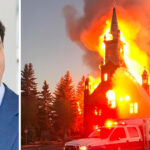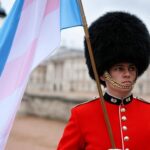Drag Queen Story Hour
How Drag Queen Story Hour normalizes transgenderism
By Jonathon Van Maren
The Canadian press has published its latest defence of “Drag Queen Story Hour” in order to explain why those who oppose it are irrational at best and hateful at worst. The Conversation’s “Five things to know about Drag Queen Story Time” explainer, however, highlights why many parents are concerned in the first place. They claim, for example, that “contrary to misconceptions, exposing children to diverse gender identities and expressions supports their natural development.” That would depend, of course, on how you define “natural development” and whether that might include puberty blockers and cross-sex hormones—or how many genders you think that there are.
The rest of their “defence” isn’t particularly comforting, either. Drag, they point out, is an “art form” that “has evolved within gay culture, can be performed by all genders and is generally an exaggeration of gender expression.” Is it so difficult to understand why many parents wouldn’t want to introduce toddlers and children to “gay culture,” regardless of whether you see that culture as a positive thing? They insist that these are often “child-friendly performances that would be appropriate for schools,” but that depends on what you see as “child-friendly” and whether you see “gay culture” as “appropriate for schools,” doesn’t it?
Despite countless examples to the contrary, The Conversation insists that these are not performances with “sexualized overtones,” but that instead the purpose is to read storybooks “promoting themes of acceptance, diversity, and self-expression” and that the “overall aim of the event is to provide a positive message to children about the diversity of gender expression.” In short, these are LGBT cultural events intended to promote the idea of gender ideology to children. If you think gender ideology is a good thing, I suppose these events would be your cup of tea. But for those of us who have not abandoned biological reality and recognize that there are only two genders, these events are exercises in the indoctrination of children.
In case you think I’m extrapolating a bit too much, one of the reasons The Conversation says Drag Queen Story Hour is so important is because of how “children develop their gender identities”:
The development of gender identities in children is a complex process. It is influenced by a combination of factors, including biological, social, cognitive, environment and personal exploration. Children eventually develop a relative clarity of their gender and feel a sense of harmony between the complex factors that contribute to gender identity development. In some children, these factors may conflict, most commonly when children do not conform to societal expectations of their assigned sex at birth. This can result in negative emotions and lead to behavioural or mental health issues. These issues are often remediated when gender-affirming care is provided.
“Gender-affirming care,” by the way, means cross-sex hormones and sex change surgeries—just so we’re clear about what they’re referring to here. These events can be a catalyst for discussions on these topics:
Attending family-friendly drag events with children creates opportunities for discussion and reflection. Parents can think about and reflect on their own development of gender identity and expression, what influenced the choices they’ve made, and how this may impact the choices that their children may make. After Drag Queen Story Time, parents are sure to have important conversations with their children that will not only increase their understanding of self-identity, but of identities of others as well.
Got that? These events are important so that parents “can think about and reflect on their own development of gender identity and expression” and talk about gender ideology with their kids, who will often be introduced to “gay culture” for the first time. This is their defence of Drag Queen Story Hour. These are events explicitly designed, by their own admission, to normalize LGBT ideology. Parents don’t need to have Drag Queen Story Hour explained to them by the media to change their minds on the issue—that’s precisely why they oppose these events in the first place. Not everyone thinks children’s events at a public library should be about choosing your gender identity and supporting the sexual choices of adults, and just a few years ago, that would have been a boring, common sense position to take.


